Why running? One of the most apparent reasons for running's popularity is its accessibility. But it’s so much more than just an easy-to-get-into, convenient form of exercise.
You can make running whatever you want it to be. It can be gut-busting pain as you push yourself to the limit for a faster time all made worth it by that post-run euphoria, or it can be a leisurely glide, you can watch the world pass by and appreciate your body’s capabilities as it becomes easier to run faster and further. It can also be your opportunity to escape for some alone time to clear your mind or an opportunity to socialise with friends.
Now that you’re convinced, allow us to provide you with a few basics to get you on your way to becoming a runner!
Follow a plan
When first starting following a plan will help you avoid injury and ensure you increase your fitness and strength more efficiently. If you just go out and try to build up by running for as long as possible it will be more difficult, take longer and you may end up becoming demotivated.
When first starting we recommend taking a run/walk approach. You can’t go wrong with the NHS Couch to 5K. When you are ready to up the distance increase by no more than 10% every week.
Form
Also integral to efficient running and avoiding injury is running with proper form. Here are the basics:
- Rhythm: your cadence is the speed at which your feet land on the ground. Most people run at around 150-160 bpm which is conducive of heel striking and poor posture. The ideal cadence should be no lower than 180 bpm (beats per minute).
- Posture: run with your head above your hips and your hips above your feet. Try to relax as much as possible keeping stable and land on the balls of your feet and not your heels. Your feet should land underneath you rather than in front of you.
- Up and off: push up and off from the ground.
- Relax: your feet should land lightly on the ground making as little noise as possible. Try to lift your legs from the floor rather than your whole body. This will take a little practice but if you soften your hips slightly you will be able to see everything in front of you moving up and down as little as possible. Keep your arms and shoulders relaxed as well.
Strength Training
When it comes to avoiding injury and improving your form and efficiency, a strong core and strength conditioning work are important. When you get tired there is a tendency to lean forward from the hips, a strong core will prevent you from doing so. The majority of niggles are also a result of your glutes, the body’s largest muscle group, not pulling their weight.
Get the right gear
Running will be much more enjoyable if you look and feel like a runner. For the new runner there are three essential items you need at this time of year:
Base layer: a good quality lightweight base layer with sweat-wicking, quick- dry and high breathe qualities will ensure you are warm (or cool) and dry – keeping you at optimum comfort.
Tights: at this time of year we’d suggest tights as the best option for legs, but if you’re new to running and self-conscious about wearing a skin-tight layer in public – consider adding a pair of shorts which can be worn over the top for an extra degree of modesty.
Top layer: warmer top layers are essential when the temperature dips, invest in thermal or merino long sleeve tops to help you out of the door on cold crisp mornings. Look for those with high-breath, lightweight fabrics that won’t weigh you down.
You’re now all set to become a runner!



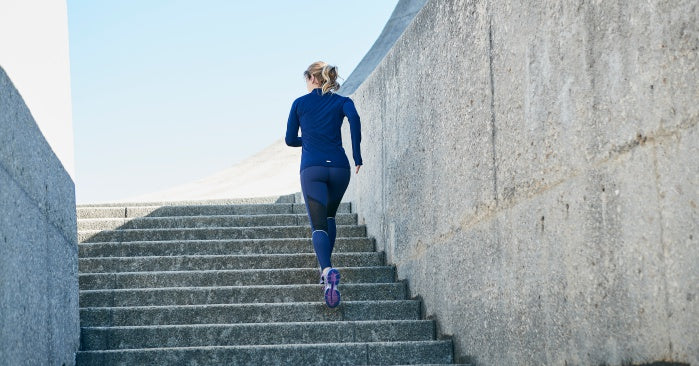
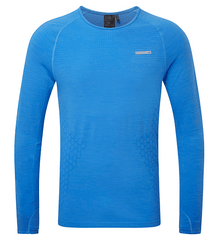

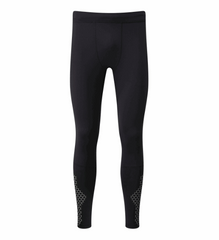
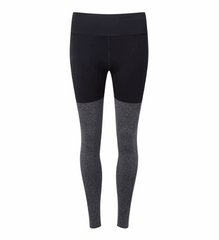
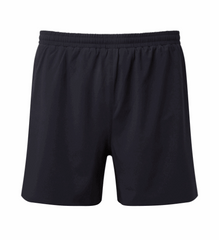
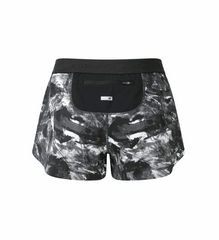


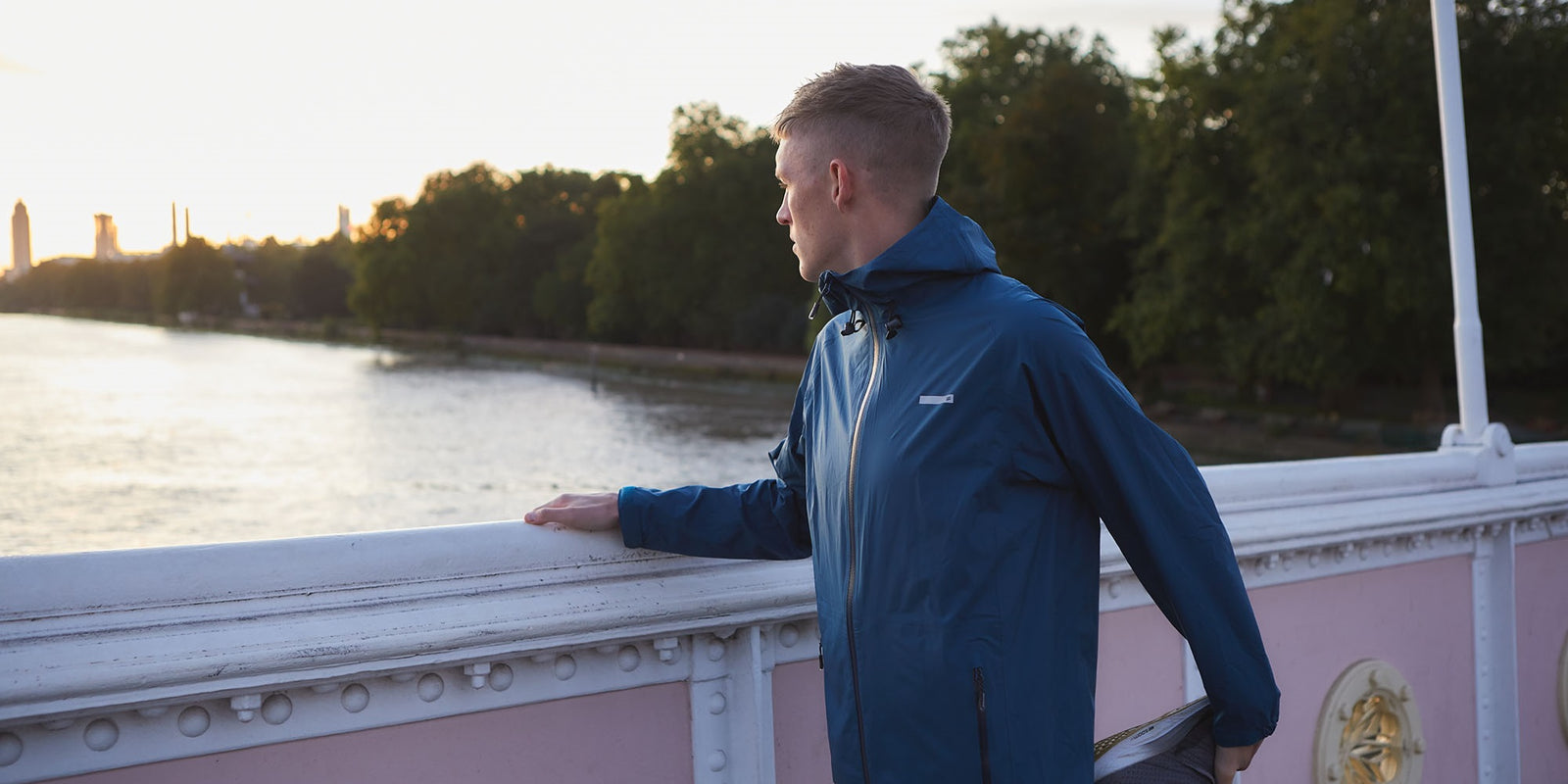
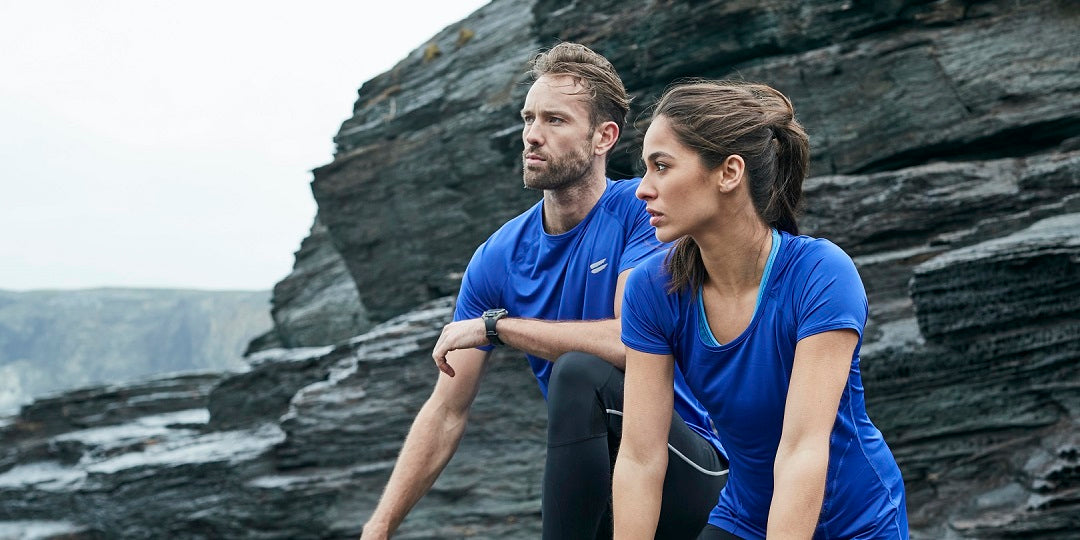
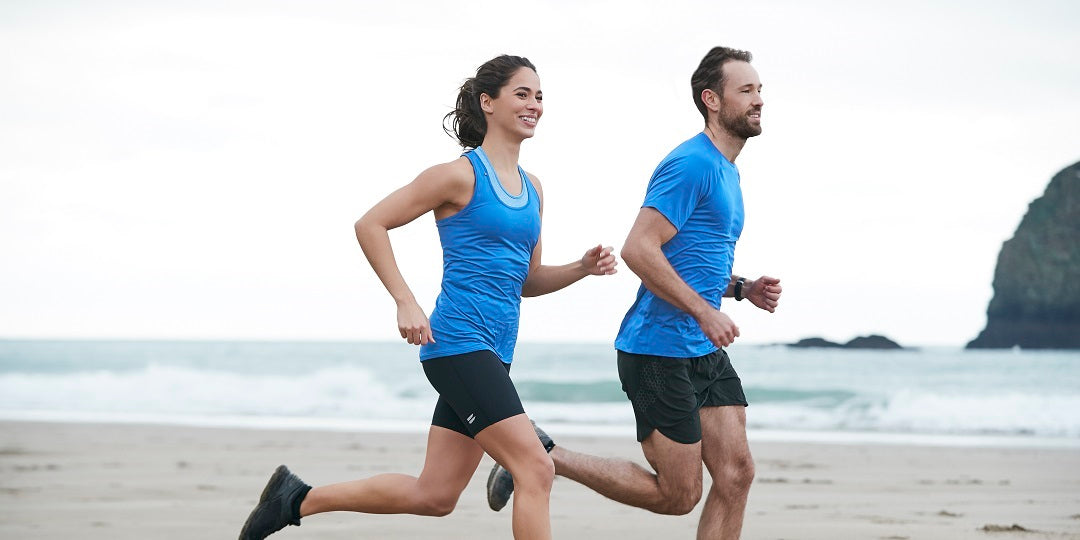
Leave a comment (all fields required)